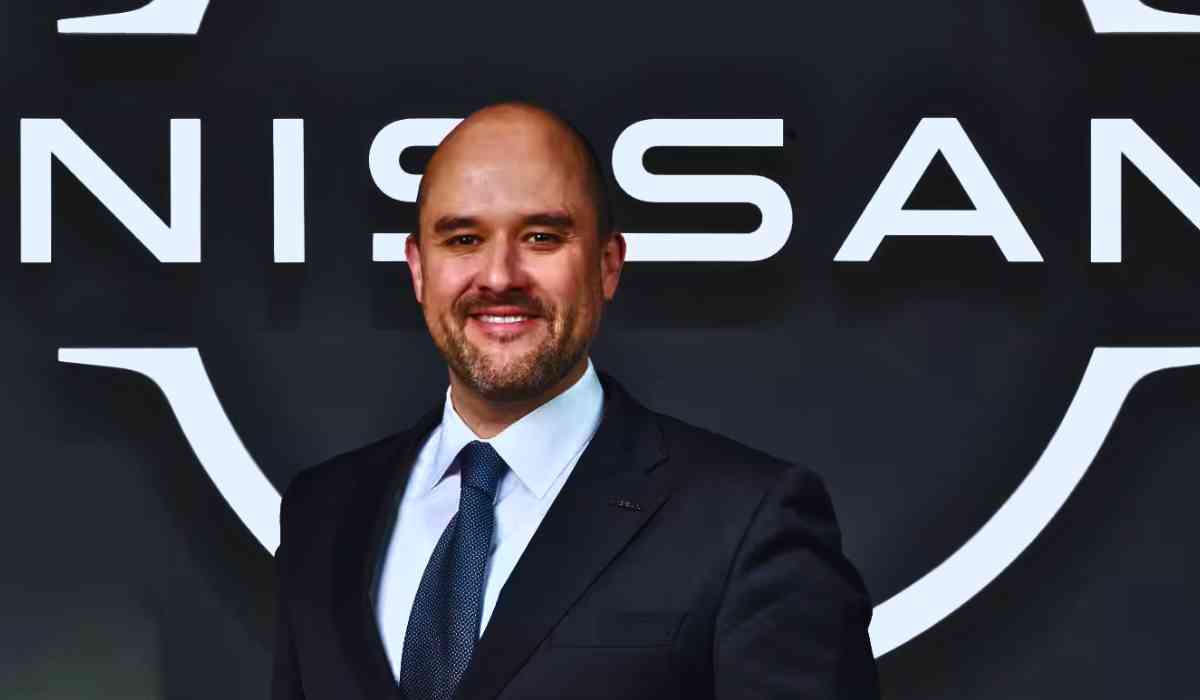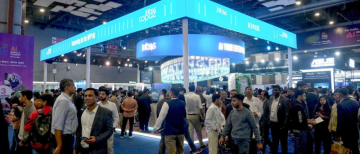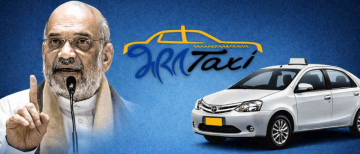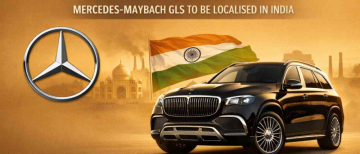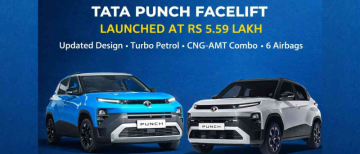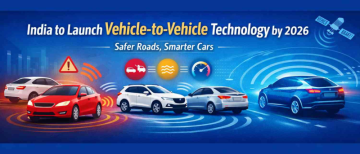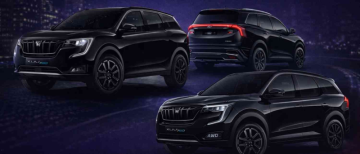Nissan Motor Co., one of Japan's leading car manufacturers, is gearing up for a major transformation under its incoming CEO, Ivan Espinosa. Espinosa, who will officially take over on April 1, has revealed that he is open to forming partnerships to help Nissan regain its footing in the competitive automotive industry. Among the potential partners is Honda Motor Co., another Japanese auto giant, despite recent talks between the two companies falling apart last month.

A Critical Time for Nissan
Espinosa’s appointment comes at a challenging time for Nissan. The company has been struggling with declining sales and has warned investors of a third annual net loss in six years. Outgoing CEO Makoto Uchida had initiated discussions with Honda about a merger that could have created one of the world’s largest carmakers, but those negotiations ultimately failed. Now, Espinosa faces the daunting task of steering Nissan toward recovery.
One of his top priorities will be refreshing Nissan’s aging car lineup and investing in electric vehicles (EVs) and advanced technologies. These efforts are crucial as Nissan competes in markets like the United States and China, where innovation and sustainability are key drivers of success.
Why Partnerships Are Key
Espinosa has emphasized that the future of the automotive industry, particularly in areas like EVs and intelligent cars, requires significant investment and collaboration. "I’m open to Honda or other partners as long as these partners are helping us drive the vision of the business," he stated during an event near Nissan’s headquarters in Yokohama.
He explained that partnerships could provide synergies in areas such as powertrain technology, battery development, and software platforms. These collaborations would not only help Nissan reduce costs but also accelerate innovation in autonomous driving and electrification technologies.

Revisiting Honda as a Partner
Although previous talks with Honda fell through, Espinosa hasn’t ruled out revisiting the idea of working together. A partnership with Honda could be mutually beneficial, as both companies face similar challenges in adapting to industry changes like electrification and carbon neutrality. Earlier discussions had focused on combining strengths in EV development and automotive intelligence, which remain critical areas for both automakers.
In fact, Honda and Nissan had already signed a memorandum of understanding last year to explore strategic collaboration. This agreement highlighted their shared goals of achieving zero traffic-accident fatalities and carbon neutrality while leveraging each other's expertise in software development and environmental technologies.
Exploring Other Avenues
Espinosa also hinted at exploring partnerships beyond traditional automakers. He noted that some competencies required for future mobility—such as advanced software capabilities—might be better addressed by collaborating with technology firms or startups. This approach could help Nissan stay ahead in areas where traditional manufacturers often lag behind.

The Road Ahead
Espinosa’s openness to partnerships reflects his pragmatic approach to tackling Nissan’s challenges. By joining forces with Honda or other companies, Nissan could gain access to cutting-edge technologies while sharing the financial burden of innovation. As Espinosa prepares to take charge, all eyes will be on how he navigates these partnerships and revitalizes one of Japan’s most iconic car brands.
With plans to roll out new models over the next two fiscal years and potential collaborations on the horizon, Nissan is poised for a significant turnaround. Whether it’s through rekindling talks with Honda or forging new alliances, Espinosa’s leadership will undoubtedly shape the future of Nissan—and perhaps redefine partnerships within the automotive industry.
With inputs from agencies
Image Source: Multiple agencies
© Copyright 2025. All Rights Reserved Powered by Vygr Media.

